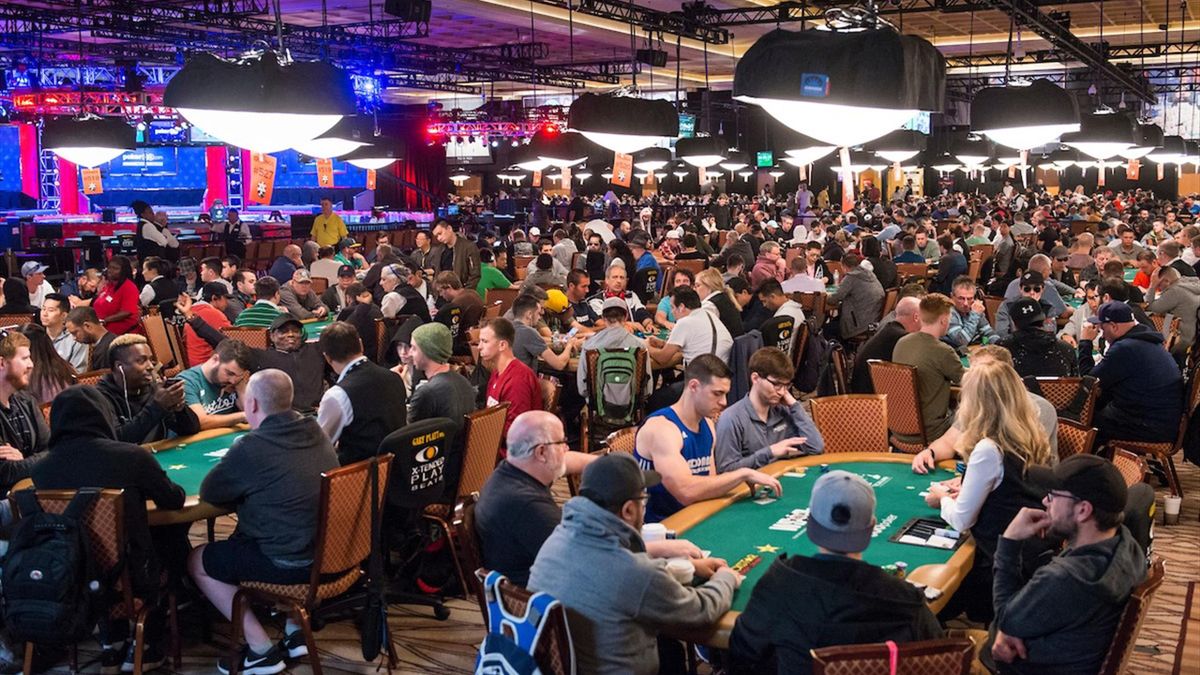Tournament Tips
Master the Art of Tournament Play
Welcome to our Tournament Tips page! Tournaments present unique challenges that require a strategic approach to succeed. Here, you’ll find essential strategies and insights to enhance your tournament play and maximize your chances of cashing out.

Understanding Tournament Structures
“Navigating the Framework of Tournaments”
Tournament structures play a crucial role in shaping your strategy and approach to the game. Understanding the key components of tournament structures will give you an advantage as you navigate through different stages of play. Here are the essential elements to consider:
Blind Levels and Increases
Blind levels dictate the forced bets that players must post at the beginning of each hand. Typically, tournaments have structured blind levels that increase at regular intervals (e.g., every 15-30 minutes). Knowing when the blinds increase helps you plan your strategy accordingly. Early in the tournament, when the blinds are lower, you can afford to play conservatively. As the blinds rise, you’ll need to adjust your play style, becoming more aggressive to accumulate chips.
Starting Stacks
The amount of chips each player begins with varies between tournaments. A larger starting stack gives you more room to maneuver, allowing for more creative play. In contrast, smaller starting stacks can lead to a tighter strategy, as every chip counts more significantly. Familiarize yourself with the starting stack size to help you gauge your approach during the early levels.
Payout Structure
Understanding the payout structure is vital for tournament strategy. Most tournaments reward the top finishers with a percentage of the total prize pool. Knowing how many players will cash and how the payouts are distributed can influence your decision-making. For example, nearing the bubble (the point at which players start to cash) may prompt you to tighten up, while being among the chip leaders might encourage a more aggressive strategy to accumulate more chips.
Key Tips for Success
Adjust Your Play by Stage:
Your strategy should evolve as the tournament progresses. Play tighter in the early stages, loosen up as the blinds increase, and shift your focus to accumulating chips in the later stages.
Stack Management:
Understanding your stack size relative to the blinds is essential. Make decisions based on your stack and the stacks of your opponents to optimize your play.
Position Matters:
Always consider your position at the table. Being in a late position allows you to see how your opponents act before making decisions, giving you an edge.
Pay Attention to Opponents:
Observing your opponents’ tendencies can provide valuable insights. Are they aggressive or passive? Use this information to exploit their weaknesses.
Be Mindful of ICM:
Independent Chip Model (ICM) is crucial in tournament play, especially when considering whether to call, raise, or fold near the bubble. Understanding ICM can help you make more informed decisions regarding chip equity.
Types of Tournaments
Different tournament formats, such as freezeouts, rebuys, or turbo tournaments, have unique characteristics that affect gameplay:
- Freezeouts: Players have one buy-in and cannot rebuy after being eliminated. This format encourages careful play, as every chip is valuable.
- Rebuy Tournaments: Players can buy back into the tournament after elimination during a set period. This format often leads to more aggressive play early on, as players take risks to accumulate chips.
- Turbo Tournaments: These tournaments feature faster blind levels, leading to quicker action and a need for a more aggressive approach. Players must adapt quickly to the rapidly changing dynamics.
Stages of a Tournament
Understanding the different stages of a tournament is crucial for adapting your strategy. Generally, tournaments can be divided into three key stages:
- Early Stage: Focus on accumulating chips while playing conservatively. Avoid unnecessary risks and observe your opponents.
- Middle Stage: Start to increase your aggression as the blinds rise. This stage often requires adjusting your play based on your stack size relative to the blinds and the average chip stack.
- Late Stage: As you approach the final table and the payout jumps become significant, employ ICM considerations to inform your decisions. Take calculated risks but remain mindful of your chip position and the dynamics at the table.
Ready to Improve Your Game?
Poker Strategies
Return to Poker Strategies
Ready to deepen your understanding of poker? Return to our Poker Strategies section to explore in-depth guides covering various aspects of the game, from beginner tips to advanced strategies. Equip yourself with the knowledge you need to elevate your play and increase your chances of success at the tables!
Learn Cash game strategies
Unlock the Secrets of Cash Game Success
Learn key techniques for bankroll management, reading opponents, and adapting your play to thrive in cash game settings.
Discover Spin&Go Tactics
Quick Wins with Spin & Go Strategies
Explore effective strategies for dominating fast-paced Spin & Go tournaments and maximizing your chances of hitting the jackpot.